Special report: Autistic strengths and special interests
Recent articles
Featured articles
Finding strengths in autism
Autism comprises a set of difficulties, but growing evidence suggests that certain abilities also define the condition.

Finding strengths in autism
Autism comprises a set of difficulties, but growing evidence suggests that certain abilities also define the condition.
The benefits of special interests in autism
Researchers are studying how the intense passions of autistic people shape the brain, improve well-being and enhance learning.
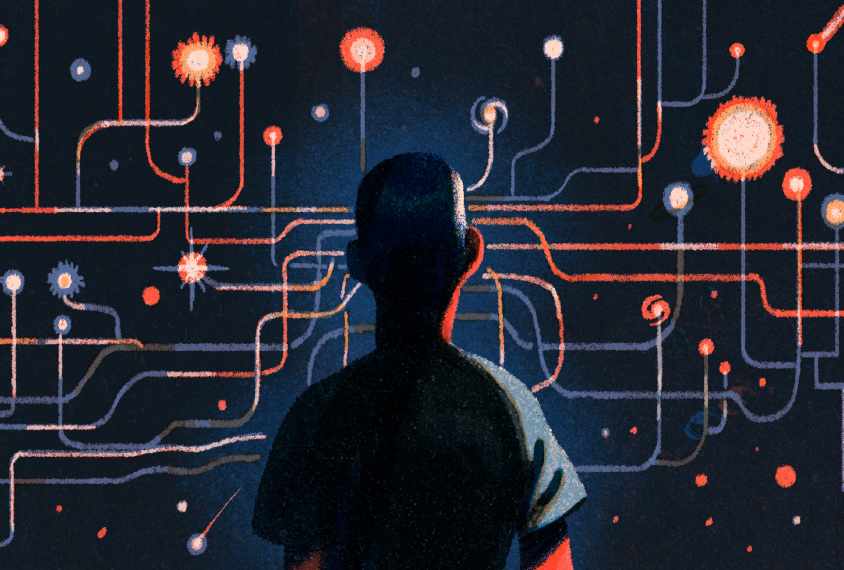
The benefits of special interests in autism
Researchers are studying how the intense passions of autistic people shape the brain, improve well-being and enhance learning.
Older autistic adults may retain strong visual abilities
Autistic adults may not experience the typical age-related decline in brain regions related to vision.
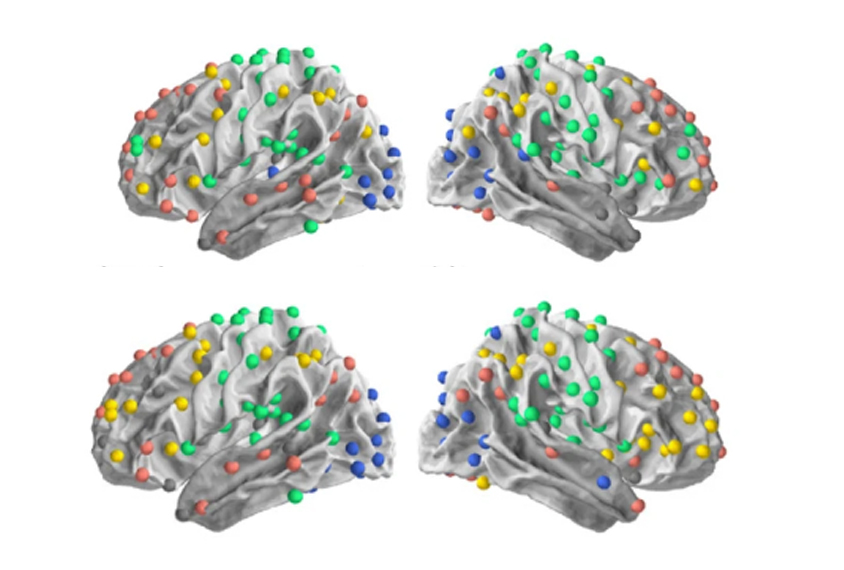
Older autistic adults may retain strong visual abilities
Autistic adults may not experience the typical age-related decline in brain regions related to vision.
From the archives
Extraordinary minds: The link between savantism and autism
Some people with autism have an exceptional talent for music, math, art or language. What accounts for their extraordinary brains?

Extraordinary minds: The link between savantism and autism
Some people with autism have an exceptional talent for music, math, art or language. What accounts for their extraordinary brains?
Attention to detail may aid visual learning in autism
Adults with high-functioning autism excel at learning visual patterns, according to research published 25 August in Neuropsychology. The findings contrast with a report earlier this year that children with the disorder struggle with visual learning.

Attention to detail may aid visual learning in autism
Adults with high-functioning autism excel at learning visual patterns, according to research published 25 August in Neuropsychology. The findings contrast with a report earlier this year that children with the disorder struggle with visual learning.
Book Review: ‘The Pattern Seekers’ links human invention — past, present and future — to autism traits
Simon Baron-Cohen’s new book is essentially a 272-page argument for his hypothesis that all human innovation stems from the ability to discern and manipulate causal patterns.
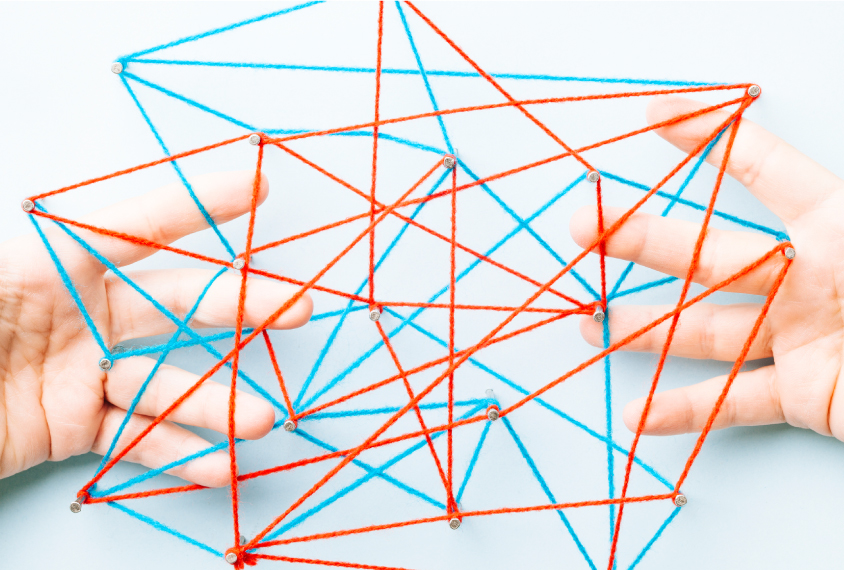
Book Review: ‘The Pattern Seekers’ links human invention — past, present and future — to autism traits
Simon Baron-Cohen’s new book is essentially a 272-page argument for his hypothesis that all human innovation stems from the ability to discern and manipulate causal patterns.
Career-prep program fosters strengths of teens with autism
In a new program based in New York City, autistic students work to build skills that cater to their strengths or special interests.
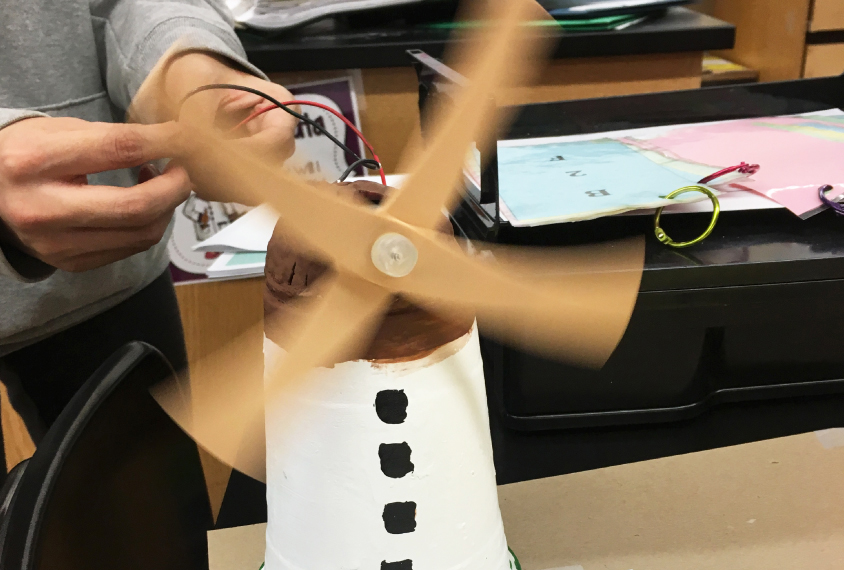
Career-prep program fosters strengths of teens with autism
In a new program based in New York City, autistic students work to build skills that cater to their strengths or special interests.
Autism model reveals brain processes behind ‘super’ skills
Structural changes in the connections between neurons may underlie the enhanced learning and motor skills of a mouse model of autism.

Autism model reveals brain processes behind ‘super’ skills
Structural changes in the connections between neurons may underlie the enhanced learning and motor skills of a mouse model of autism.
Animated sidekick connects parents to children with autism
In a new type of therapy for autism, parents talk or type into their phone or computer, and their words emerge in the voice of an animated character.
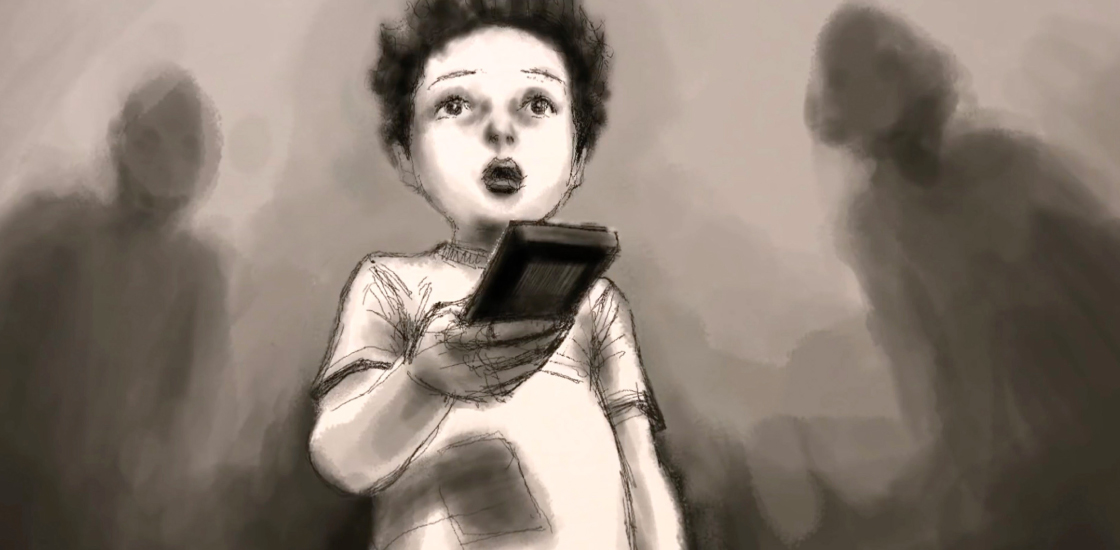
Animated sidekick connects parents to children with autism
In a new type of therapy for autism, parents talk or type into their phone or computer, and their words emerge in the voice of an animated character.
Intense interests may interfere with social development in autism
Children with autism may be so consumed by their interests that they don’t pay attention to social information.

Intense interests may interfere with social development in autism
Children with autism may be so consumed by their interests that they don’t pay attention to social information.
Reward-system differences may underlie multiple autism features
The brain's system for sensing pleasure and reward shows unusual activation patterns and an atypical structure in people with autism.

Reward-system differences may underlie multiple autism features
The brain's system for sensing pleasure and reward shows unusual activation patterns and an atypical structure in people with autism.
New York program transports children with autism to their passion
In a New York City after-school program, children with autism build social skills through a shared interest in trains.
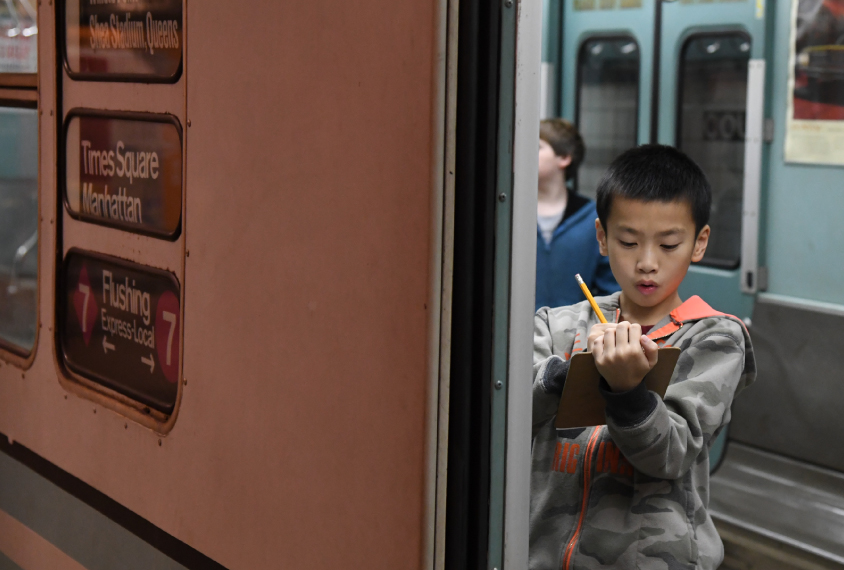
New York program transports children with autism to their passion
In a New York City after-school program, children with autism build social skills through a shared interest in trains.
Special interests hinder self-control in children with autism
Children with autism show much less restraint when confronted with one of their interests, compared with their typical peers.

Special interests hinder self-control in children with autism
Children with autism show much less restraint when confronted with one of their interests, compared with their typical peers.
Explore more from The Transmitter
Dendrites help neuroscientists see the forest for the trees
Dendritic arbors provide just the right scale to study how individual neurons reciprocally interact with their broader circuitry—and are our best bet to bridge cellular and systems neuroscience.

Dendrites help neuroscientists see the forest for the trees
Dendritic arbors provide just the right scale to study how individual neurons reciprocally interact with their broader circuitry—and are our best bet to bridge cellular and systems neuroscience.
Two primate centers drop ‘primate’ from their name
The Washington and Tulane National Biomedical Research Centers—formerly called National Primate Research Centers—say they made the change to better reflect the breadth of research performed at the centers.

Two primate centers drop ‘primate’ from their name
The Washington and Tulane National Biomedical Research Centers—formerly called National Primate Research Centers—say they made the change to better reflect the breadth of research performed at the centers.
Post-infection immune conflict alters fetal development in some male mice
The immune conflict between dam and fetus could help explain sex differences in neurodevelopmental conditions.

Post-infection immune conflict alters fetal development in some male mice
The immune conflict between dam and fetus could help explain sex differences in neurodevelopmental conditions.